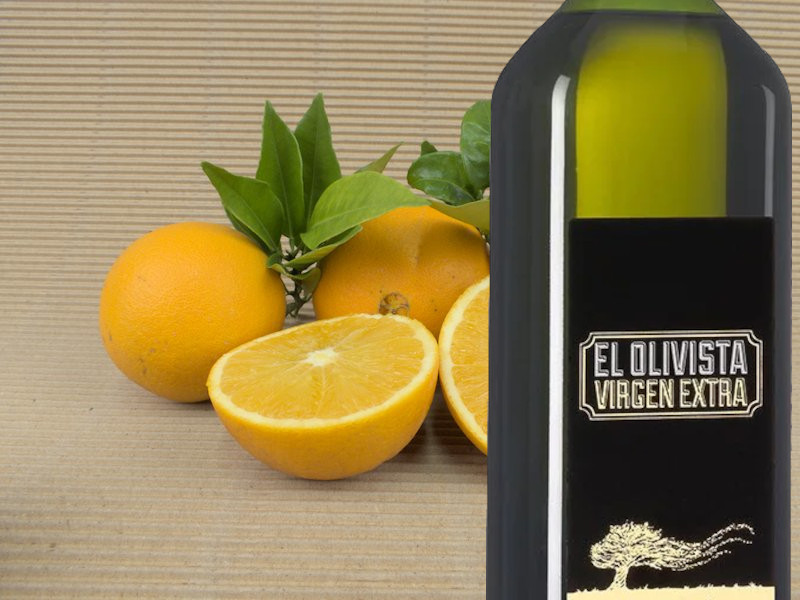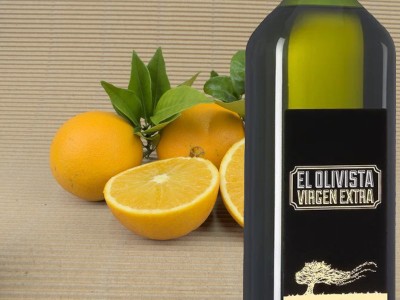Lanelate Orange
GENERAL DESCRIPTION:
Also known as Navel-Lane. Late orange of the Navel family, medium size and rounded shape, smooth skin of little thickness and orange-yellow color. Its navel is more discreet than that of other Navel varieties. With an excellent and very sweet flavor, it produces a large amount of juice and does not have seeds, being suitable both for juice and for table orange.
Unlike other varieties, past its optimal ripening point it does not change its flavor.
CALIBER:
The average caliber of this variety is medium size: the vast majority of pieces are above 75 mm. The minimum commercial caliber in Naranjas de Cullera for this variety is 67 mm.
DURABILITY:
It is kept in good condition up to 30 days after harvest (some pieces even more), always following our instructions for its conservation: remove them immediately from the box, spread them on a large surface, with temperature and humidity not extreme, without direct sunlight or heat sources, and discarding any piece that may spoil. This is a general rule, taking into account that they are perishable and without post-harvest treatments, it is also possible that some piece will spoil before 30 days.
POSSIBLE INCONVENIENCES:
It may present aesthetic defects that do not affect its quality (see our blog in this regard). In advanced stages of its ripening it can be soft. Like all fresh oranges without post-harvest treatments, they do not peel completely well by hand.
Extra Virgin Olive Oil 1 liter PET
GENERAL DESCRIPTION:
Olive oil from the mountains of Alicante, smooth on the palate and full of flavor.
It comes from old olive trees cultivated in the traditional way.
Olivista is a social project that distributes its profits among more than 50 families of farmers in the Comtat region, supporting traditional agriculture with minimal intervention.
Varieties: 50% Blanqueta, 50% Manzanilla Villalonga.
Conventional farming
These fruits come from conventional farming, which means they may have
received conventional treatments during their production. Once harvested,
they are only cleaned with a cloth before being marketed. No waxes, fungicides,
or other preservatives are added to them. The treatments applied by
our farmers exclusively use products authorized by the EU. Nevertheless, a
significant portion of the fruits we serve comes from orchards that have
not received any pesticide treatments.

